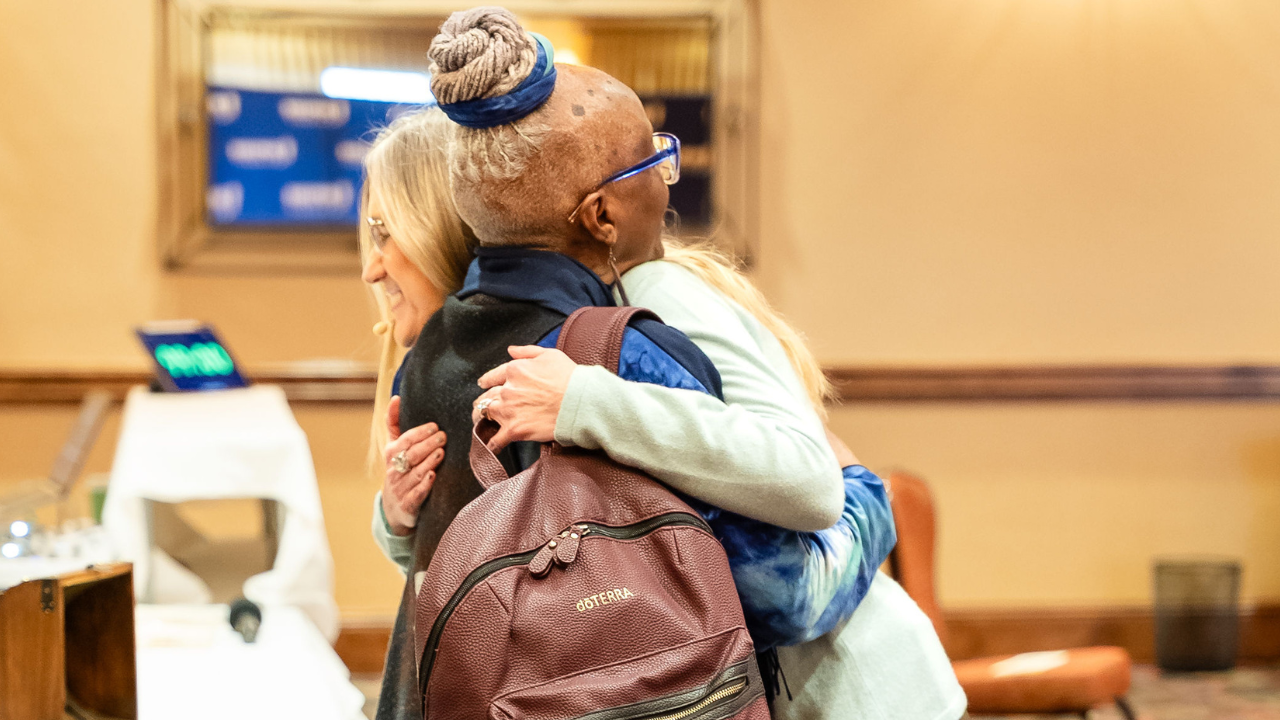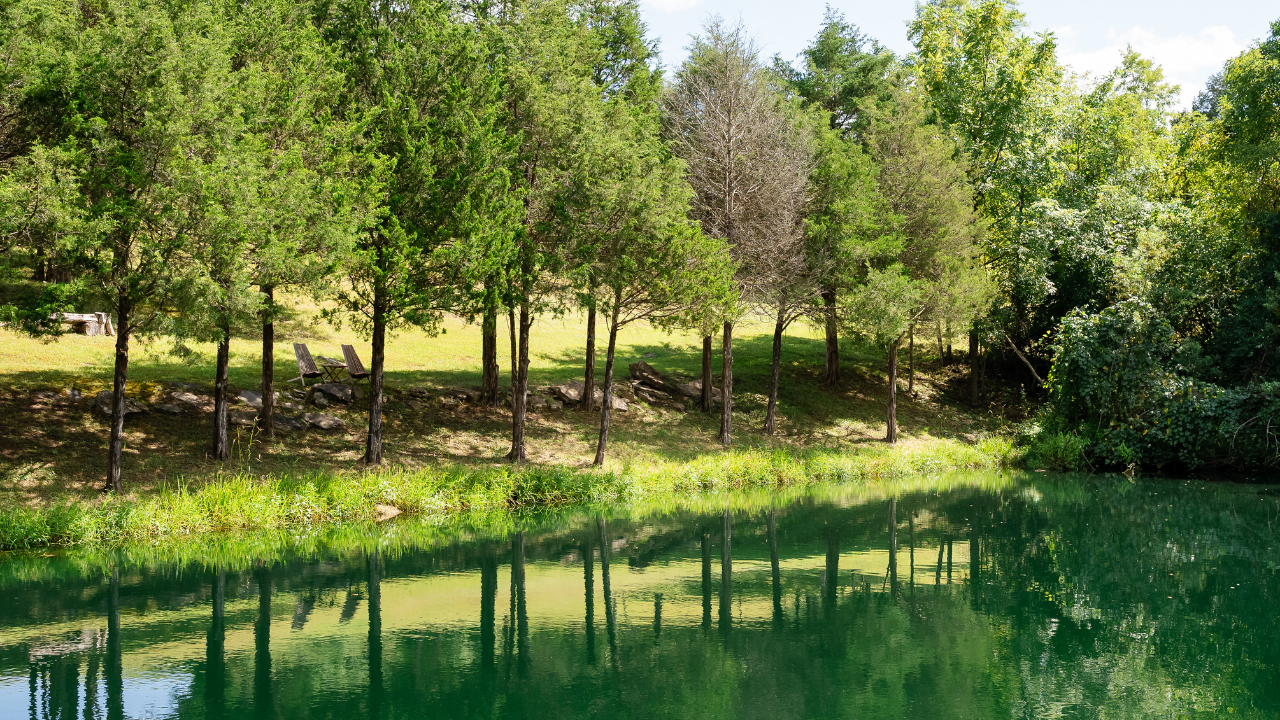What is Beingness in Leadership?
Upside coach and emotional resilience and communications expert, Suzanne Dudley-Schon shares her brilliance in this week’s Upside Thought. Suzanne understands that the beingness of leadership matters more than the doingness of leadership.
You can take all of the tactical leadership actions that generate success and not be a leader worth following. This week, she’s written about that “beingness” and how an upside leader can gain those skills – a great topic!
Happy Reading!
* * * * * * * * * * * * * * * * * * * * * * * * * * * * * * * * * * * * * *
Leadership is more than holding a degree, having expertise in a particular field, or telling people what to do.
The more subtle and equally important skills of leadership are about the seemingly intangible qualities. Lisa Marie Platske uses the phrase, “beingness,” to capture the combined essence of such skills.
Beingness includes emotional intelligence, the use of vulnerability to good effect, and strength of character. This last quality, rather than being about forcefulness is really a steadiness that comes from an unshakable commitment to living one’s values and principles.
What actions are representative of “beingness” and how might they be of use when running your business or showing up as a leader? In more plain language, what does “beingness” look like at work?
Under the banner of “beingness” is the leadership skill of courageous vulnerability. It’s not revealing your darkest secrets, being a hot mess, or painting a target on your chest. Vulnerability, at its core, is about connecting on a heart level.
Often it involves intentional sharing. Sharing with a purpose. That purpose may be to be create connection through empathy and common ground. It’s the feeling of, “Yep, I understand and here’s a time when I felt similarly.”
Exemplify humanity and let people realize you make mistakes too. As a leader you might share a story of a time when you struggled, learned, and overcame a difficulty– or what shaped you on your journey. These stories can inspire and reveal more of the substance that people connect with on a human level–one without titles.
When you as a leader share your journey it can provide the kind of light touch that allows the listener to see their own strengths. It can motivate indirectly and powerfully. It gives space to step into. By holding up the light of inspiration a leader shows the way, trusting their followers can and will dig deep within, be resourceful, and rise to meet a challenge.
Courageous vulnerability may also come in the form of curiosity and willingness to be open… open to different views that may be in direct opposition to your own. This demonstrates safety, permission, and acceptance that is founded on respect. After all, if someone only agrees with you out of fear, how durable and safe is the relationship?
As for strength of character, this skill is evident often in the “background” of conduct. For instance, if there is an enduring problem that requires long term commitment, strength of character is revealed in perseverance and tenacity. In not giving up or giving in. It shows up when you resist the urge to cave, get reactive, give up, or take short cuts that don’t ultimately serve.
Strength of character is expressed in crucible moments—such as having hard conversations or standing up for what’s right. Strength is revealed by taking pause, and waiting to understand more. It’s inaction in some cases, and action in others. It’s being sensitive to the best timing.
A strong leader will suss out what’s at stake to figure out what really matters and bring the best out in everyone to problem solve. As a leader don’t sacrifice what is less important for what is more important. Strength is living with integrity, true to your principles and values. Integrity is workplace gold, like a stamp saying, “Trustworthy.”
While somewhat hard to define, beingness in leadership is intuited through direct experience– and you can sure tell when it’s missing.
ACTION: The Upside Challenge of the week is to take stock of your leadership qualities.
Each day this week, notice at least three intentional actions that are part of the beingness of leadership. (connection, vulnerability, strength of character, EI).
How did you do?
How can you improve?
Practice. Enjoy the rewards of your beingness.











